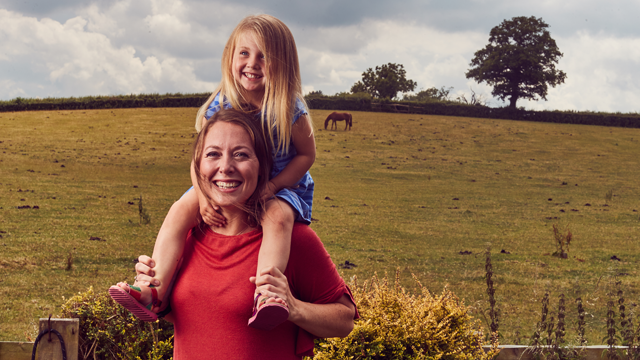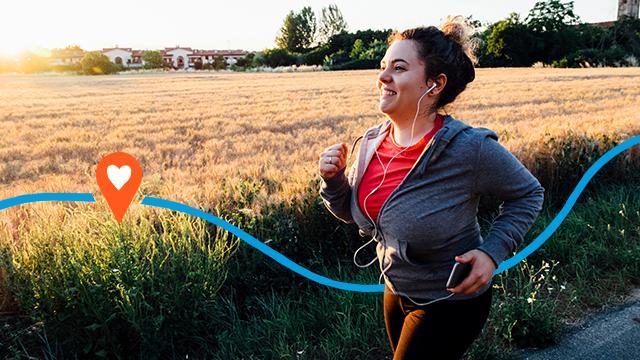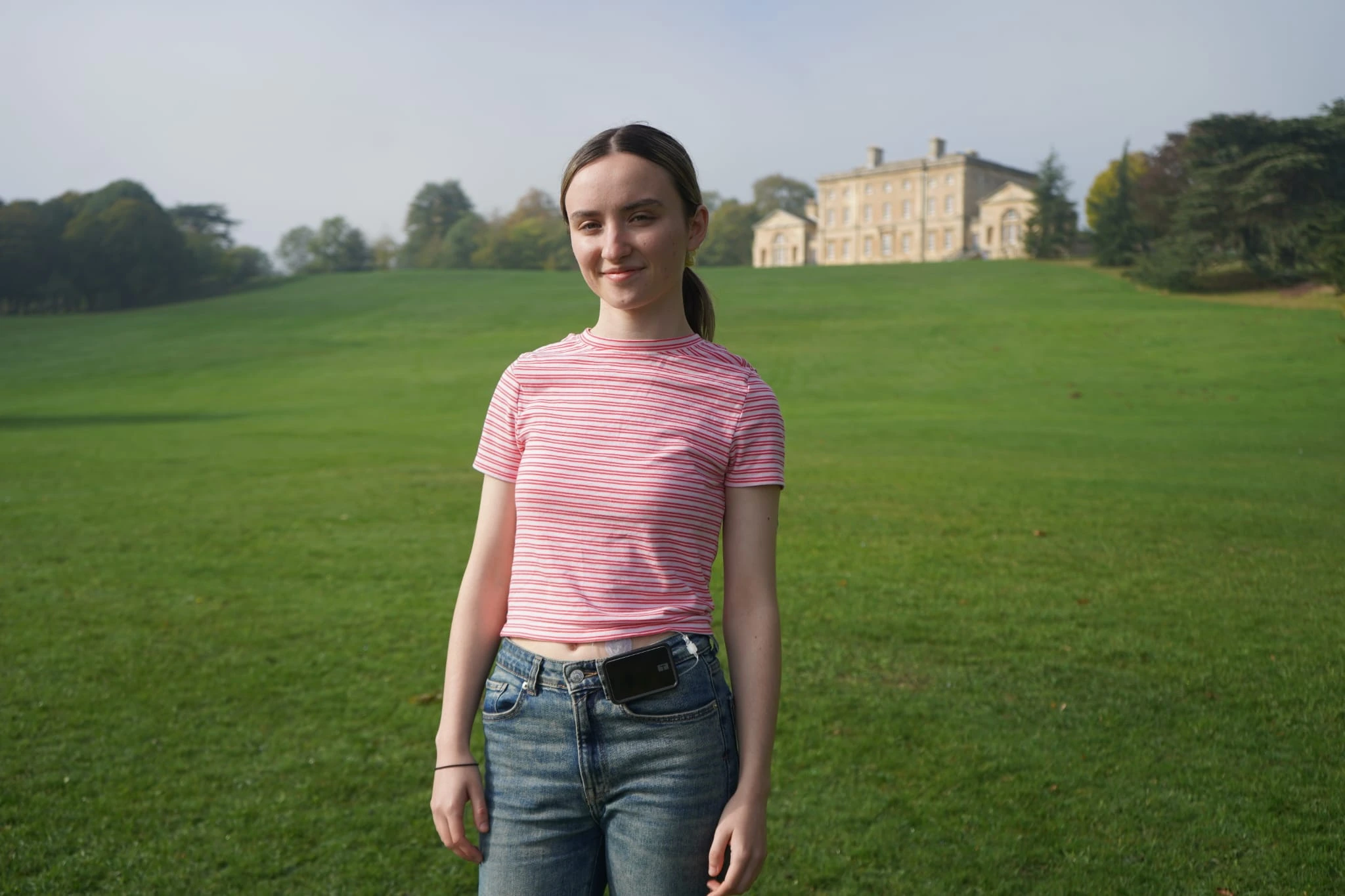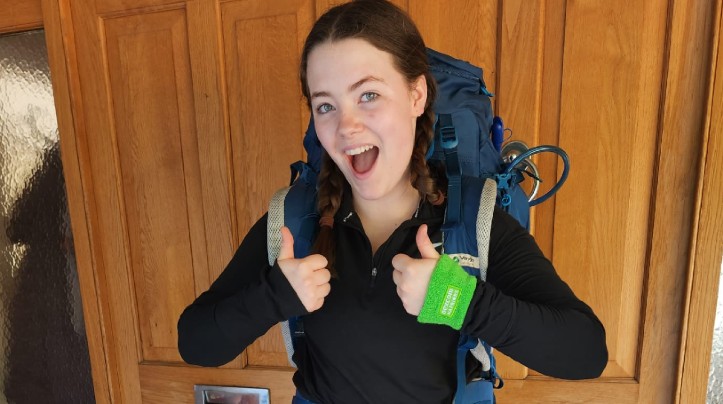
Shannon
Diagnosed with type 1 while 28 weeks pregnant with daughter Bronwen
Diabetes was a shock for me. I kept thinking, ‘how am I going to do this now? How am I going to do that?’ Eventually, instead of asking, ‘how?’ I started thinking, ‘I just will.’
Diagnosed with type 1 diabetes during her pregnancy, police custody sergeant Shannon had a lot to come to terms with as she learnt to manage her condition, look after a newborn and figure out what it would look like to go back to her busy job with type 1.
Shannon, Balance magazine cover star and Diabetes UK member, tells us all about how her diagnosis didn't stop her from raising £5000 for Diabetes UK when she ran the London marathon.



